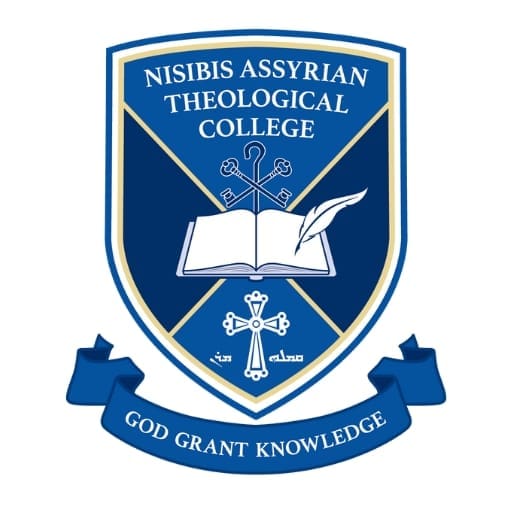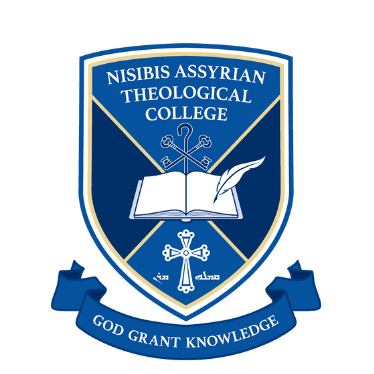Unit code B7150
Unit name Introduction to the New Testament
Unit weighting 9 cp
Exclusions B5101 Survey of the Bible; B5150 Survey of the New Testament; B7101 Introduction to Biblical Studies
Curriculum objective This course unit introduces students to the critical study of the New Testament, its literary forms, historical and cultural contexts and theological themes. It provides a solid foundation for further biblical and theological study.
Learning outcomes At the end of this unit students will be able to:
- Present clear statements of the major contents of the books of the New Testament
- Identify the main historical, social and cultural factors that provided the context of the composition of the New Testament
- Engage critically with significant introductory secondary literature in the study of the New Testament
- Utilise basic skills in performing historical-critical exegesis of New Testament texts
- Apply insights from their study to Christian life and ministry within their particular context.
Content
- Outline of the books of the New Testament
- Historical, cultural, political and religious contexts of the New Testament materials
- Approaching the books of the New Testament as literary works
- Key methodologies of Biblical interpretation
- Developing skills in exegesis and writing an exegetical essay
- Key New Testament themes
Assessment profile In this unit, the required assessment tasks will enable students to demonstrate how successfully they can:
- Present a critical analysis of a book or books of the New Testament [Outcomes 1, 2, 3]
- Interpret passages from the New Testament using an accepted exegetical methodology [Outcomes 1, 2, 3, 4]
- Produce a thematic analysis of a key New Testament theme or critical issue, with application to life and ministry in the contemporary context [Outcomes 1, 3, 4, 5]


